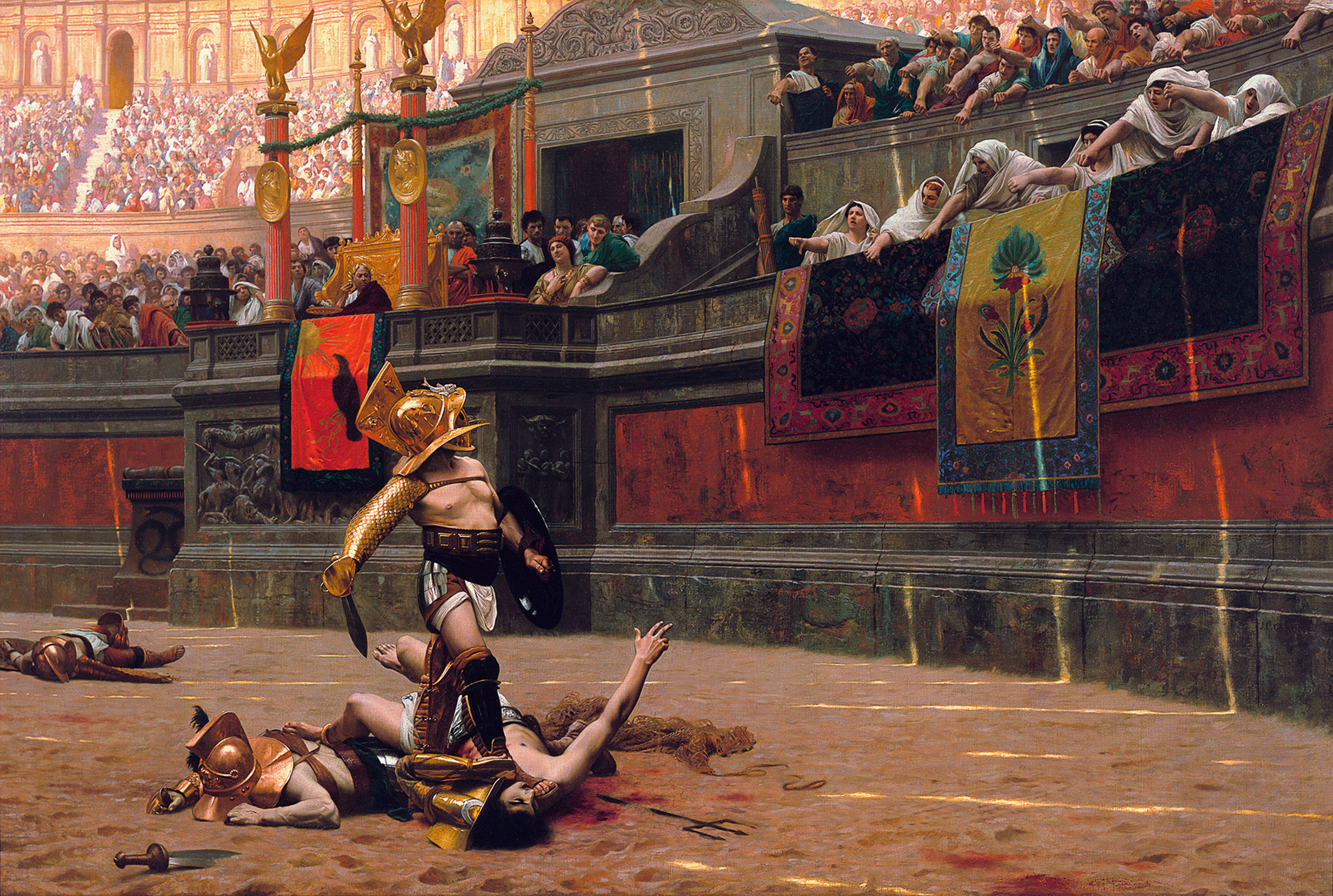Unfortunately for most of humanity, women have been treated as second class citizens by their husbands or fathers. Marriage had been some sort of a business transaction where a dowry would be either received or paid depending on which side was to benefit from the transaction. Women of course would seldomly have a say on their very future.
In this regard the city of Babylon had a rather unique twist to this transactional endeavor. They would make sure no woman was left unmarried. A rule forbidding fathers from selling their daughters as mere property was in place for all the inhabitants of the city. It would be precisely the city who would handle the transaction, all in a non-profit venture.
I suspect their reason for this was a state concern: maximizing population, after all, unmarried people produce no offspring, naturally this can hamper economic output and consumption. Likewise a lack of population would limit the pool of abled bodies available for war. For a state to be powerful plentiful population is a essential.

Every year all women in marrying age where taken to the market, they were ordered by desirability (beauty) and they were auctioned to their future husbands starting for the most desirable woman. Obviously the most gorgeous women would command a premium over the not so desirable ones. Prospect husbands would bid to secure a wife, but what about those men who had no surplus income. What would they bid?
Once the not so desirable women’s turn came, the auction master handling the process would start offering and not asking for money in return for men to take a bride. The man who would accept to marry for the least amount could take the bride. In this regard the earnings of the most desirable bachelorettes would subsidize the marriage of the least desirables. Thus, no woman would be left unmarried.
The historicity of this Herodotean tale is very questionable. Does it sound plausible; yes. Is there any concrete evidence; no. But then again it is not like we are swimming on a surplus of Babylonian ethnographic records.
Naturally, I don’t think people should be property of other people. Likewise I’d rather have the state limiting it’s overseeing of it’s citizens. Luckily I am part of a generation where people can normally chose how to live their lives.

